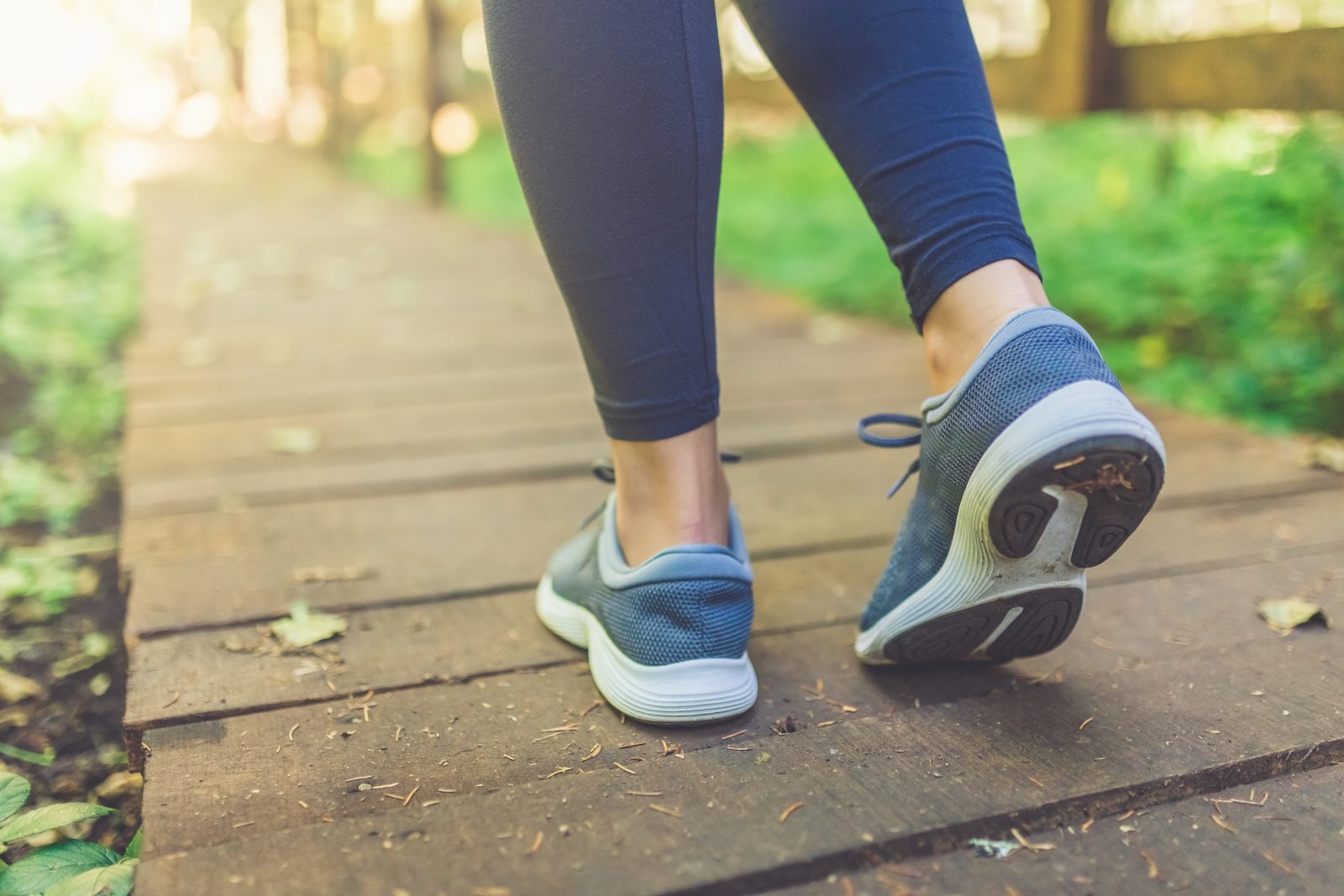Beginning your day with a walk, whether around your neighborhood or as part of your commute, can provide your body with numerous health advantages. Here are ten reasons why you should consider incorporating a morning walk into your routine, along with some tips for seamlessly doing so. When you wake up in the morning, exercise might not be your top priority
1.Boost Your Energy
Commencing your day with a walk can enhance your energy levels, particularly if you venture outdoors. Studies have shown that a 20-minute outdoor walk can leave adults feeling more vitalized and energized than a similar indoor walk. For individuals feeling sleep-deprived, a brief 10-minute stair walk was found to be more invigorating than a cup of coffee in a small study.
2.Improve Your Mood
Morning walks also offer physiological mood-enhancing benefits. They can help boost self-esteem, reduce stress, anxiety, and fatigue, and even alleviate symptoms of depression. For optimal results, aim for 20 to 30 minutes of walking at least five days a week.
3.Complete Your Daily Physical Activity
Morning walks enable you to fulfill your daily physical activity requirements before other commitments arise, such as family, work, or school. According to the Physical Activity Guidelines for Americans, healthy adults should engage in at least 150 to 300 minutes of moderate-intensity exercise each week. Consider incorporating a 30-minute walk into your morning routine on five days of the week to meet these guidelines.
4.Support Weight Loss Goals
Morning walks may contribute to your weight loss objectives. A 30-minute walk at a moderate pace can burn up to 150 calories. When combined with a balanced diet and strength training, this can aid in weight loss.
5.Prevent or Manage Health Conditions
Walking has various health benefits, including enhancing immunity and reducing the risk of various health conditions. Studies have shown that walking for 30 minutes daily can reduce the risk of heart disease by 19 percent. For individuals with diabetes, walking can help lower blood sugar levels and potentially increase lifespan while reducing the risk of cardiovascular disease and certain cancers.
6.Strengthen Leg Muscles
Walking can strengthen the muscles in your legs, particularly when done at a moderate to brisk pace. Consider diversifying your routine by incorporating stairs, hills, or treadmill inclines. Additionally, include leg-strengthening exercises like squats and lunges several times a week to enhance muscle tone.
7.Enhance Mental Clarity
A morning walk can enhance mental clarity and focus. Recent studies indicate that older adults who initiate their day with a morning walk experience improved cognitive function compared to those who remain sedentary. Additionally, walking fosters creative thinking, making it an excellent choice for problem-solving and brainstorming, especially in an outdoor setting.
The next time you have a morning meeting or creative session, propose a walking discussion if feasible.
8.Sleep Better at Night
Initiating your day with a morning walk may contribute to improved nighttime sleep. A small 2017 study examined older adults aged 55 to 65 who experienced difficulty falling asleep at night or had mild insomnia.
The study found that those who exercised in the morning, as opposed to the evening, reported better sleep quality at night. While further research is required to pinpoint why morning exercise may be more conducive to sleep than evening exercise, the benefits are evident.
9.Beat the Heat
Walking in the morning during summertime, or in warm year-round climates, allows you to exercise before the outdoor temperatures become too hot. To stay adequately hydrated, ensure you drink plenty of water before and after your workout. Consider bringing a water bottle along or plan your route near water fountains.
10.Make Healthier Choices Throughout the Day
Incorporating a morning walk into your routine can set the stage for healthier choices throughout the day. Post-walk, you’re likely to feel more energized and less fatigued, reducing the tendency to reach for comfort snacks or energy boosters later on. This can inspire you to make nutritious choices for both lunch and afternoon snacks.
Do It As Part Of Your Routine
To better your morning walk routine, follow these tips:
- Prepare your walking attire the night before and position your socks and sneakers by the door for easy access.
- Adjust your alarm to wake up 30 minutes earlier, allowing for at least a 20-minute walk in the morning. Explore nearby nature trails or take a stroll around your neighborhood.
- Find a walking partner, whether a friend or co-worker, to keep each other motivated.
- If you’re short on time in the morning, consider incorporating walking into your commute. You can get off the bus a stop or two earlier or park farther from your office to include a walk.
Walking Before Or After Breakfast?
The question of whether to walk before or after breakfast often arises, particularly for individuals with weight loss goals. Research is divided on whether skipping breakfast enhances metabolism or accelerates weight loss.
Some studies suggest that exercising in a fasting state (prior to breakfast) can promote greater fat burning, but more research is necessary. Your choice should align with your body’s response. If you feel comfortable walking before eating or if your stomach prefers an empty state, that’s acceptable. Alternatively, you might find that a light snack like a banana or fruit smoothie before your walk suits you better.
Regardless of your decision, remember to consume a nutritious breakfast and maintain proper hydration after your exercise session.
Final Remarks
Commencing your day with a brief morning walk offers a multitude of health benefits. Expect increased daytime energy, enhanced mood, mental clarity, and potentially improved nighttime sleep. Ensure you incorporate pre and post-walk stretching into your routine and maintain proper hydration. If you have concerns, consult your doctor before initiating a new exercise regimen.
















Find Us on Socials